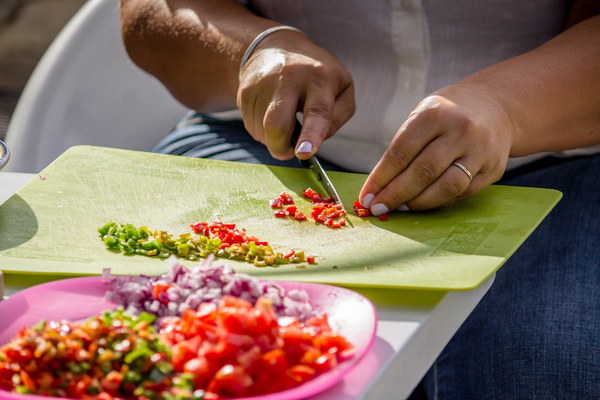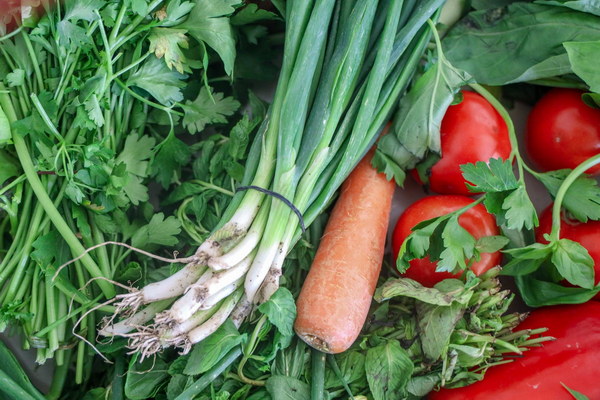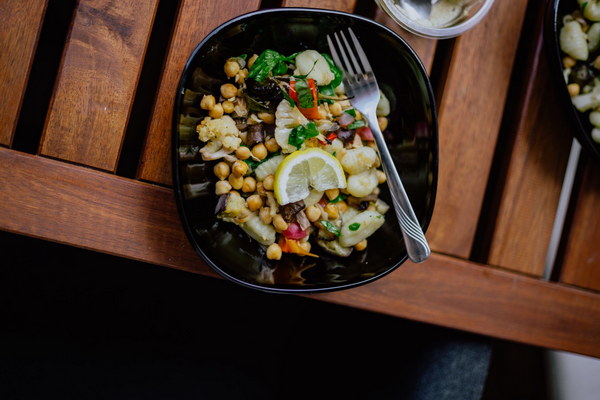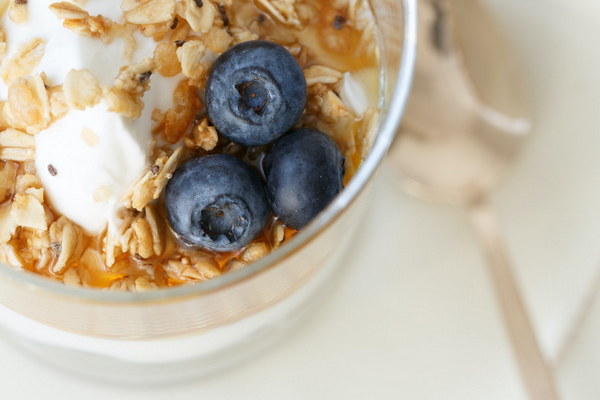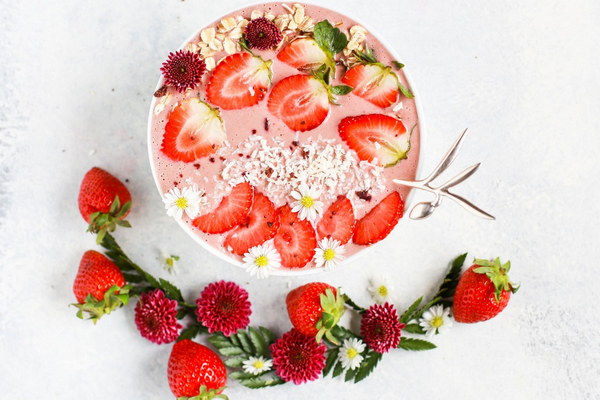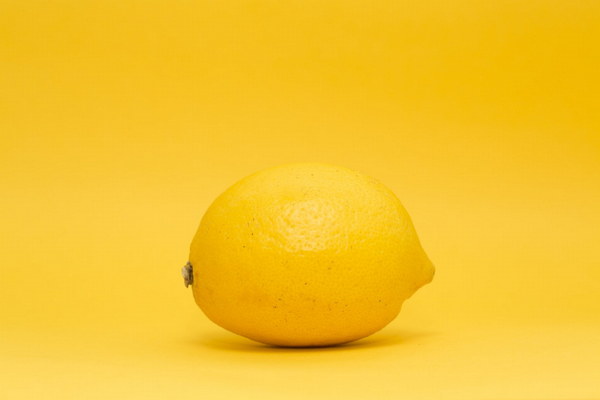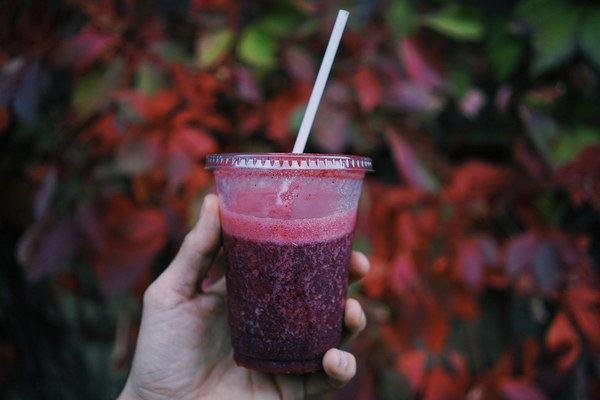Revitalize Your Health with the Power of Warming Tonics A Guide to Traditional Chinese Tonification
In the realm of traditional Chinese medicine (TCM), tonification is a fundamental principle that emphasizes the importance of balancing and strengthening the body's vital energy, or Qi. Warming tonics, also known as Wen Bu, play a crucial role in this process by providing warmth and vitality to the body, thus enhancing overall health and well-being. This article delves into the world of warming tonics, exploring their benefits, ingredients, and how to incorporate them into your daily routine.
The Concept of Tonification in TCM
In TCM, tonification focuses on replenishing and balancing the body's Yin and Yang energies. Yin represents the cooling, moistening, and inward aspects of the body, while Yang represents the warming, drying, and outward aspects. Warming tonics are designed to restore and maintain a harmonious balance between these energies, particularly in cases where Yang deficiency is present.
Benefits of Warming Tonics
1. Boosts Immune System: Warming tonics strengthen the immune system, helping to ward off colds, flu, and other infections.
2. Enhances Energy Levels: By warming the body and improving circulation, these tonics can increase energy levels and alleviate fatigue.
3. Promotes Digestion: Warming tonics stimulate digestion, making them beneficial for those with digestive issues such as bloating, gas, and constipation.
4. Improves Sleep: The calming properties of some warming herbs can help improve sleep quality, especially in cases of insomnia.
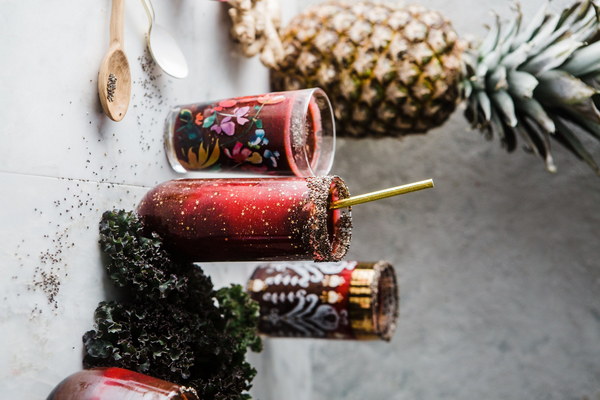
5. Enhances Mental Clarity: By balancing the body's energies, warming tonics can improve mental clarity and concentration.
Common Ingredients in Warming Tonics
1. Ginseng (Ren Shen): A well-known herb that boosts energy and vitality, ginseng is often used in warming tonics.
2. Astragalus (Huang Qi): This herb strengthens the immune system and helps ward off infections.
3. Cinnamon (Rou Gui): A spice that warms the body and improves circulation, cinnamon is a common ingredient in warming tonics.
4. Ceylon Cinnamon (Shan Zao): Similar to cinnamon, this herb is used to warm the body and support the immune system.
5. Licorice Root (Gan Cao): This herb helps harmonize the other ingredients and is often used to counteract the potential side effects of other herbs.
Incorporating Warming Tonics into Your Routine
1. Herbal Teas: Brew a warm cup of herbal tea using a combination of warming herbs such as ginseng, astragalus, and cinnamon.
2. Soup Recipes: Add warming herbs to your soups and stews to boost their therapeutic properties.
3. Tonic Recipes: Prepare warming tonic recipes that combine herbs and spices to create a soothing and invigorating drink.
4. External Applications: Some warming herbs can be used in external applications, such as herbal compresses or baths.
Conclusion
Warming tonics are a valuable tool in traditional Chinese medicine, offering a natural and holistic approach to improving health and vitality. By incorporating these tonics into your daily routine, you can enjoy the numerous benefits they provide, from boosting your immune system to enhancing your mental clarity. Remember to consult with a qualified TCM practitioner before starting any new herbal regimen to ensure it is appropriate for your individual needs.
